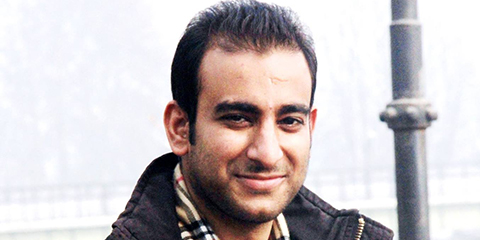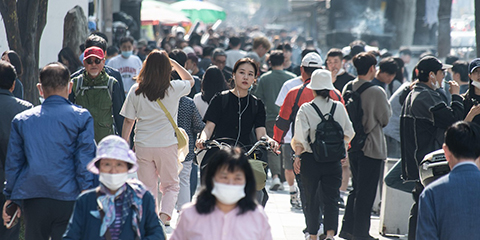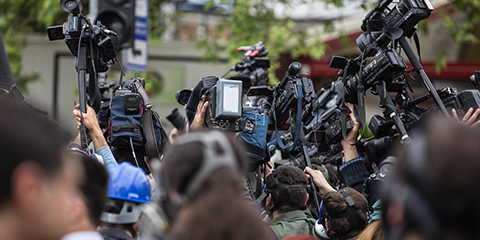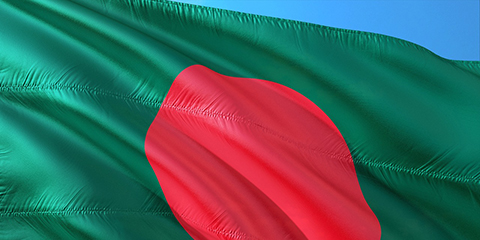Censorship concerns as 'Redline with Talat' fails to air
JournalismPakistan.com | Published last year | JP Staff Reporter
Join our WhatsApp channel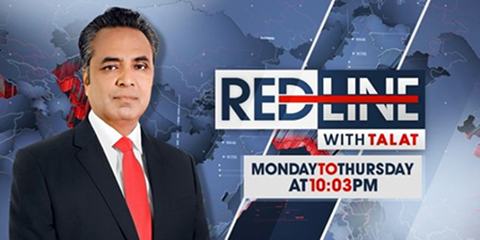
ISLAMABAD—Samaa TV's current affairs talk show 'Redline with Talat' was mysteriously not aired on Tuesday as scheduled raising censorship concerns.
The program host, Syed Talat Hussain, in a tweet, apologized to his guests Kashif Abbasi, Shehzad Iqbal, Amir Ilyas Rana, and Munib Farooq, stating, "Apologies to Kashif Abbasi, Shehzad Iqbal, Amir Ilyas Rana, and Munib Farooq who participated in my programme Redline with Talat, recorded today, and which didn't air for reasons beyond my control."
The reasons for the episode not being broadcast remain unclear. However, there are indications that the decision was not due to technical issues but rather related to the content discussed during the show, which may have upset influential entities.
In recent times, censorship in Pakistan has intensified, with faces of opposition figures being blurred on screen, any images of former Prime Minister Imran Khan censored, and other critical discussions being heavily regulated.
Hussain is no stranger to censorship. Throughout his career, he has faced numerous such instances. Geo News, where he once used to host 'Naya Pakistan' show, was reportedly pressured to take him off the air and he spent three years off the screen. As an editorial writer for The News several years ago, some of his more hard-hitting articles were not published due to their critical nature.
Talat's program, which normally airs Monday through Thursday, was pulled from the lineup on Tuesday and was also not available on YouTube.
Photo: Facebook











